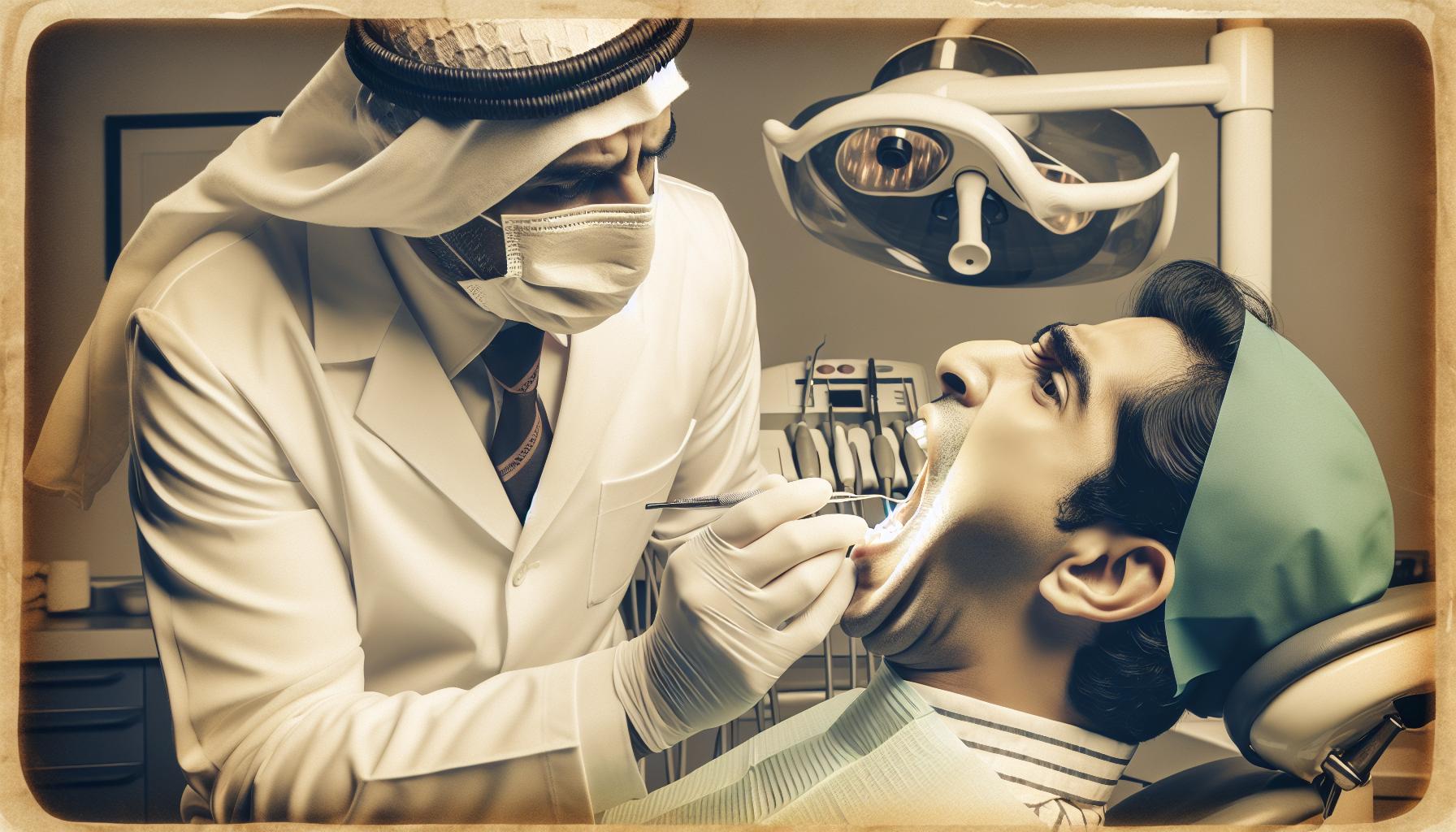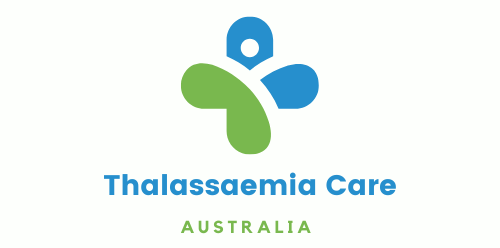Dental emergencies can strike at the most inconvenient times, especially during holidays or weekends when regular clinics are closed. Knowing how to find emergency dental care in these situations is crucial for maintaining oral health and alleviating pain. Totalcare Dental and Dermal – Bondi Junction Emergency Dental Care ensures prompt treatment during critical moments, helping individuals access urgent dental services when they need them most.
Key Takeaways
- Understanding Emergency Dental Care: Emergency dental care addresses urgent issues like severe toothaches, dental trauma, and abscessed teeth that require immediate attention, especially during holidays and weekends.
- Common Dental Emergencies: Familiarise yourself with common emergencies such as severe pain, knocked-out teeth, and uncontrolled bleeding to recognise when immediate treatment is essential.
- Researching Local Dentists: Actively research local dentists who offer emergency services or 24-hour care to ensure quick access to necessary treatment when crises occur.
- Utilising Online Resources: Leverage online tools like NHS 111 and social media to locate emergency dental services quickly and efficiently.
- Alternative Care Options: Consider visiting 24-hour dental clinics or urgent care centres during off-hours for immediate assistance with dental emergencies.
- Preparation is Key: Maintain a dental emergency kit and establish a clear action plan with family to reduce stress and enable prompt decision-making during dental emergencies.
Understanding Emergency Dental Care
Emergency dental care addresses urgent dental issues that require immediate attention. These situations often occur outside regular clinic hours, especially during holidays or weekends, making it crucial to understand how to access necessary services quickly.
Definition of Emergency Dental Care
Emergency dental care includes treatment for conditions such as severe toothache, dental trauma, broken teeth, and swelling. Each case requires rapid assessment and intervention to alleviate pain, prevent further damage, and support overall oral health.
Importance of Timely Treatment
Timely treatment during a dental emergency significantly reduces the risk of complications. Unaddressed issues can lead to infections, tooth loss, or prolonged pain. Seeking urgent care quickly facilitates proper management and often results in better outcomes, preserving both health and function.
Common Dental Emergencies

Dental emergencies can occur unexpectedly, often requiring prompt treatment to prevent complications. Understanding the common types of dental emergencies and their signs is essential for timely intervention.
Types of Dental Emergencies
- Severe Toothache
Severe toothache often indicates an underlying issue, such as an infection or cavity. This pain may worsen over time and requires immediate attention. - Dental Trauma
Dental trauma includes injuries caused by accidents, sports, or falls. This category encompasses knocked-out teeth, fractures, or chipped teeth needing urgent evaluation. - Abscessed Tooth
An abscessed tooth results from bacterial infection, leading to pus accumulation. Symptoms include swelling, fever, and intense pain, necessitating immediate care. - Broken or Cracked Teeth
Broken or cracked teeth expose dental pulp and nerves, causing sensitivity and potential infection. Quick treatment can prevent further damage. - Lost Fillings or Crowns
Lost fillings or crowns can result in discomfort and increased vulnerability to decay. Replacing these promptly protects the underlying tooth structure. - Uncontrolled Bleeding
Uncontrolled bleeding from the gums or mouth signals a serious issue. Seeking immediate care is crucial to address this emergency. - Severe Pain
Severe or persistent pain that does not improve may indicate an urgent dental problem requiring professional evaluation. - Swelling or Inflammation
Swelling around the gums or jaw can point to infection or abscess. Immediate medical attention prevents complications that can arise from untreated infections. - Knocked-out Tooth
If a tooth gets knocked out, act quickly. Keeping the tooth moist and seeking dental care within an hour greatly improves the chance of re-implantation. - Signs of Infection
Fever, foul taste in the mouth, and swollen glands can indicate an infection. Such symptoms warrant swift dental assessment to prevent further health risks.
Finding Emergency Dental Care
Finding emergency dental care during holidays or weekends requires immediate action and knowledge of available resources. Knowing where to seek help can alleviate pain and prevent further complications.
Researching Local Dentists
Researching local dentists is crucial for timely access to emergency care. Search online for dental practices in the area that offer emergency services. Many clinics now list their emergency hours on their websites. Additionally, local dental associations often provide directories of dentists who handle emergencies, especially during off-hours. Some clinics even operate on a 24-hour basis. Contacting nearby hospitals may also reveal whether they have an on-site dental service or can recommend an emergency provider. Recording contact information for local emergency dentists beforehand ensures quick access when needed.
Using Online Resources
Using online resources enhances the ability to find emergency dental care efficiently. Websites such as NHS 111 or dental care finder tools assist in locating urgent dental services based on geographic location. Social media platforms and local community groups can offer recommendations for dentists open during holidays or weekends. Additionally, patient review sites provide insights into the quality of care at various practices, helping in making informed decisions. Many dental practices maintain active social media profiles, where they share emergency protocols and availability. Online search engines effectively yield immediate results, enabling quick decision-making during emergencies.
Alternative Options for Immediate Care
During holidays or weekends, individuals can access alternative options for immediate dental care. These avenues provide necessary assistance when regular dental clinics are unavailable.
24-Hour Dental Clinics
24-hour dental clinics offer continuous services for urgent dental situations. These clinics specialise in providing emergency care outside traditional hours. Patients encountering severe tooth pain, injuries, or other urgent dental issues can seek immediate assistance here. Locating a 24-hour dental clinic often involves a quick online search or consulting local directories. Many facilities indicate their emergency service availability on their websites, ensuring easy access to care.
Urgent Care Centres
Urgent care centres provide immediate medical attention, including dental issues. While primarily focused on general healthcare, several urgent care facilities possess staff with dental training or partnerships with local dental practices. Individuals with dental emergencies can visit these centres for initial assessments and pain management. It’s crucial to verify that the urgent care centre can handle dental matters before arrival. Contacting ahead can help clarify the services available for dental emergencies.
Preparing for Dental Emergencies
Preparation is essential for effective management of dental emergencies. Knowing what to do ahead of time can significantly ease distress during a crisis.
Keeping a Dental Emergency Kit
Maintaining a dental emergency kit can facilitate immediate care. Essential items to include are:
- Sterile Gauze: Useful for controlling bleeding or applying pressure to injuries.
- Dental Wax: Covers sharp edges of broken teeth, providing comfort.
- Over-the-Counter Pain Relievers: Ibuprofen or paracetamol can alleviate pain until professional help is available.
- Temporary Filling Material: Available at pharmacies, it allows for quick repair of lost fillings or crowns.
- Cold Pack: Helps reduce swelling and numb pain from injuries.
Storing this kit in an easily accessible location ensures readiness during emergencies.
Having a Plan in Place
Creating a clear plan for dental emergencies can minimise stress. Steps to consider include:
- Research Local Emergency Dentists: Identify practitioners who are open on weekends or holidays, and note their contact information.
- Know the Location of Urgent Care Facilities: Familiarise oneself with nearby urgent care centres that can handle dental issues.
- Establish a Communication Strategy: Share the emergency plan with family members so everyone understands procedures and contact points.
- Practice Quick Decision-Making: Decide in advance when to seek emergency care vs. managing minor issues at home.
Being prepared fosters confidence and ensures rapid response during dental emergencies.
Conclusion
Finding emergency dental care during holidays or weekends doesn’t have to be daunting. By being proactive and knowing where to look individuals can ensure they receive timely treatment for urgent dental issues. Keeping contact information for local emergency dentists handy and utilising online resources can significantly ease the process.
Preparation is key. Having a dental emergency kit ready can provide immediate relief and support until professional help is available. With the right knowledge and resources individuals can navigate dental emergencies with confidence, ensuring their oral health is prioritised even during the most inconvenient times.
Frequently Asked Questions
What constitutes a dental emergency?
A dental emergency involves urgent issues requiring immediate attention, such as severe toothache, dental trauma, broken teeth, abscesses, uncontrolled bleeding, or signs of infection. Prompt treatment is crucial to alleviate pain and prevent complications.
How can I find emergency dental care during holidays or weekends?
To find emergency dental care, research local dentists who offer emergency services and check their online listings for hours. Additionally, consult local dental associations, hospitals, or use online resources like NHS 111 to locate urgent dental care based on your area.
What should I include in a dental emergency kit?
A dental emergency kit should contain sterile gauze, dental wax, over-the-counter pain relievers, temporary filling material, and a cold pack. Keeping this kit in an easily accessible location ensures you’re prepared when a dental emergency arises.
What are some alternative options for urgent dental care?
Alternative options include 24-hour dental clinics that provide continuous urgent care and urgent care centres that may offer initial dental assessments and pain management. It’s wise to verify the services available at these centres before visiting.
How can online resources assist in locating emergency dental services?
Online resources, such as dental care finder tools and patient review sites, can help identify local emergency dental services. Social media platforms often share emergency protocols and availability, facilitating quick access to essential care information during emergencies.
